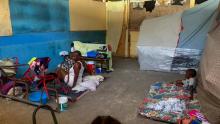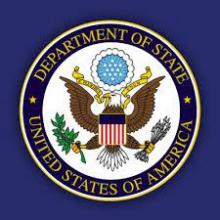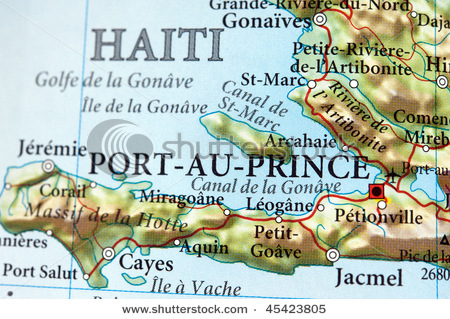Haiti’s Health Crisis Grows as Gangs Destroy Hospitals, Pharmacies
Even in more peaceful times, Haiti's patchwork system of governmental, charity, and private sector health care facilities were insufficient to meet the needs of the population. Conflict with and between gangs has caused the situation to deteriorate further with over 30 private and public health care facilities having been vandalised or forced to close. Those still open often lack staff, stocks, and security. Haiti has only enough vaccines to last until the end of the month, health care facilities throughout the country struggle to have pharmaceuticals delivered through largely gang-controlled Port-au-Prince, and cholera is spreading on top of increasing food insecurity and malnutrition. At this point, the situation is so difficult that re-establishing security would in and of itself be a health intervention. The full article by Jacqueline Charles of the Miami Herald is linked and follows.





